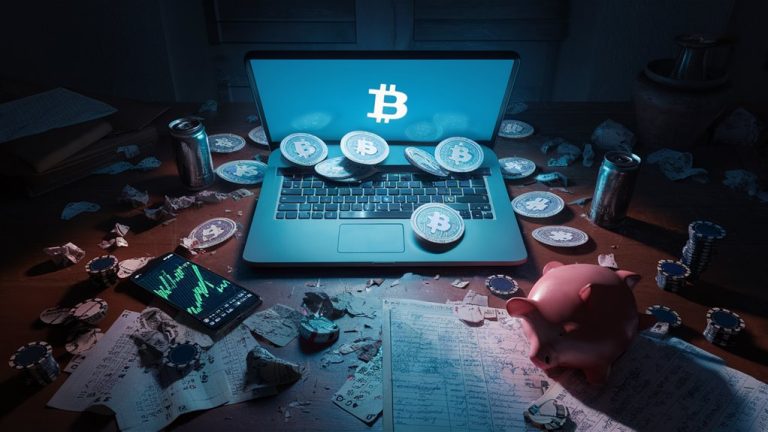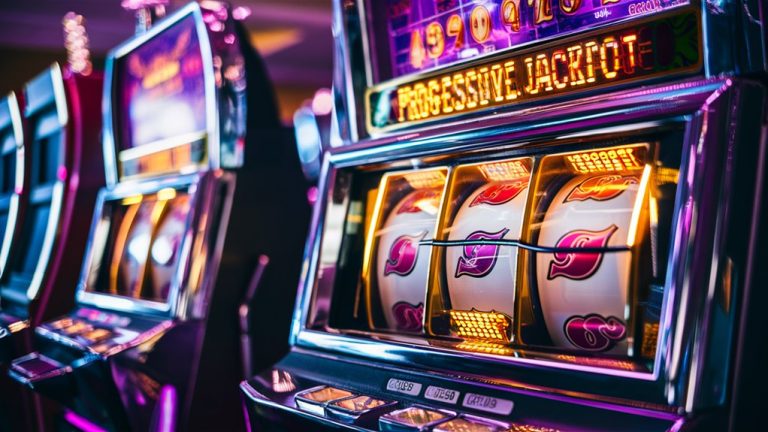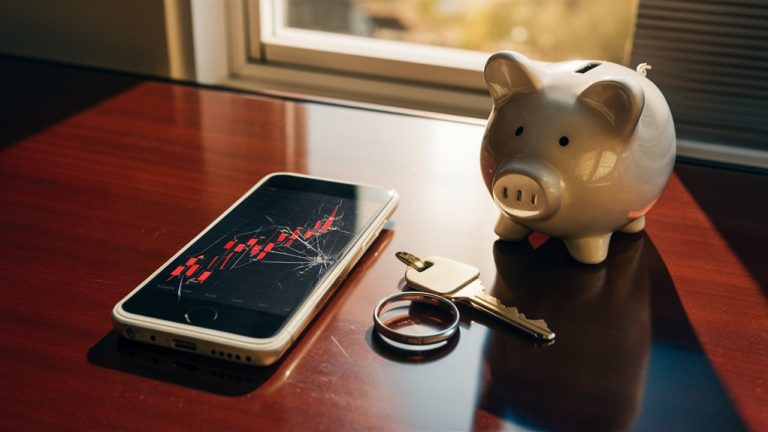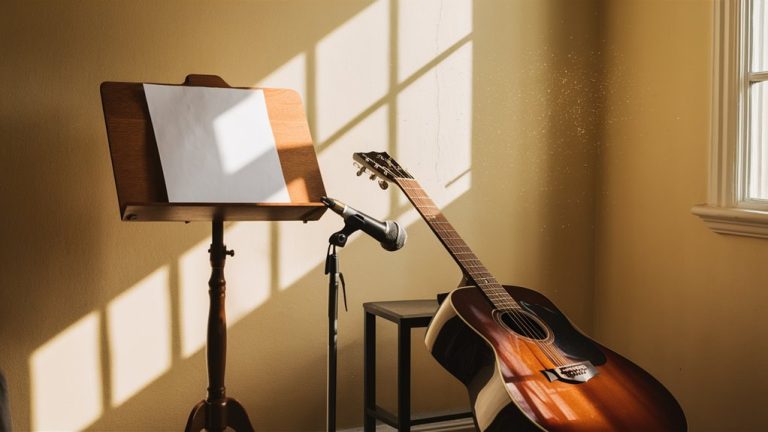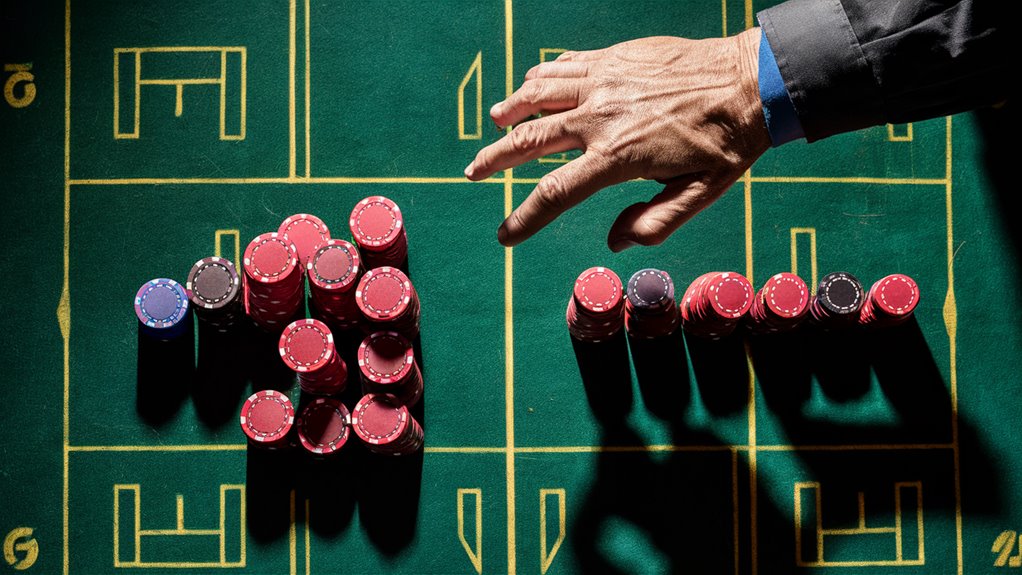
Knowing the Gambler’s Mistake: A Simple Look
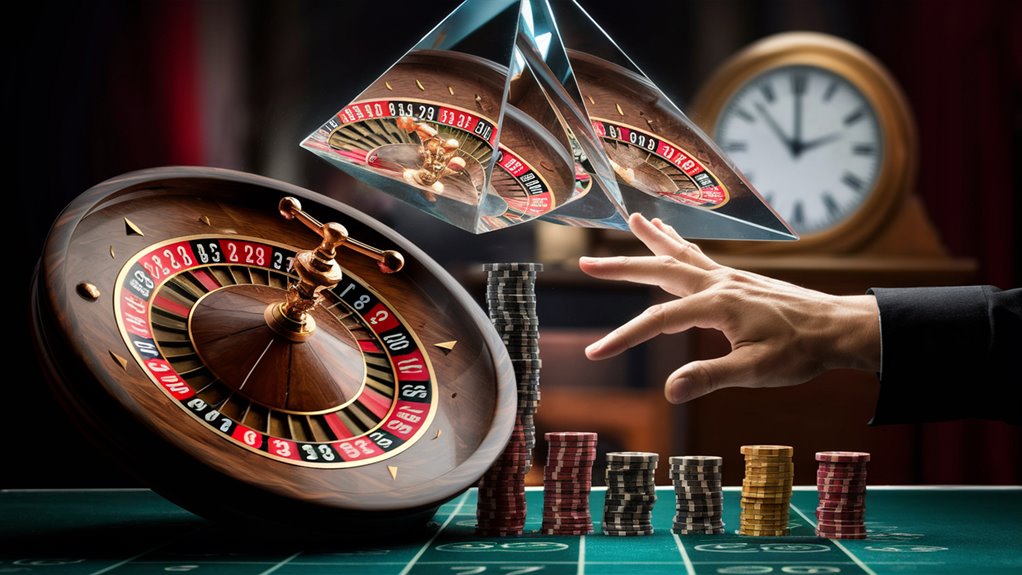
The gambler’s mistake shows one of the most common wrong thoughts changing how people bet. Our minds try to find links – a need for staying safe that has grown with us over time. Studies show that 70% of people who bet look for links even when things happen by chance.
The Brain’s Work
The front brain part, a key part for seeing links, gets very busy when people bet. This brain action makes players think they see order in random things, thinking they know what comes next from what happened before. But each single event – like tossing a coin or rolling dice – keeps a steady 50% shot no matter what came before. 메이저사이트
True Stats vs. What We Think
Betting on patterns leads to 71% of money lost at casinos, showing how big this wrong thought hits our wallets. Even if the true chance does not change, our brains often fight this fact. This gap between what is real and what we feel makes many lose money.
Seeing Through the Mistake
Knowing the science behind the gambler’s mistake is the first way to beat it. By seeing that our minds’ need to find links can fool us when we bet, players can choose based on real stats, not false thoughts.
Knowing Chance Events and Chance
The Math of Randomness
Random events stick to clear math rules that shape how they act over time, even if they seem hard to guess.
When you flip a fair coin, each toss is a fresh start with an exact 50% chance for heads or tails. This basic chance does not waver due to any past events.
Usual Wrong Ideas About Randomness
Our brains naturally seek links in randomness, leading to wide-spread wrong ideas about chance.
The gambler’s mistake happens when people wrongly think that after many heads, tails is more likely. But each toss keeps its 50-50 chance no matter what happened before, as random happenings have no ties to each other.
Stats Links and Long Views
Expected Links in Random Chains
Short bunches and runs are normal in truly random chains.
In a batch of 100 coin tosses, 6-7 same results in a row are normal and should be looked for. The big number rule shows that while total results get closer to expected chances over time, this balance only shows in big groups.
Knowing Each Chance Event
Each random happening is cut off from all others, making each result a guess by itself.
The chance spread stays the same no matter what happened before, making it the base of stats review and chance ideas. This key rule applies everywhere, from betting to science tests.
The Brain and Link Finding
Knowing Our Need to See Links
The human brain works on link-finding tools that grew over ages to help our past folks live through.
While math shapes random happenings, our brain setup is deeply made to see and make sense of links – even when they aren’t really there.
This old trait, which first helped make sense of changes in weather and where animals move, now greatly sways choices in today’s world.
Brain Work in Finding Links
The brain’s link-finding parts turn on set paths whether seeing real or made-up links.
Brain scans show more action in the front mid part and side front upper part when trying to guess patterns.
These big brain parts work on both true links and chance links with the same strength, making it hard to tell useful ties from just by-chance ones.
How It Changes Betting Acts
Wrong thoughts get stronger under stress or when money is on the line.
Studies show that about 70% of bettors show link-seeking acts in games of chance.
Even with knowing the math idea of each event being apart, people often fall for lucky runs or due numbers. This strong hold of finding links shows how deep it sits in human thought, often beating clear thinking in choice moments.
Main Brain Tools:
- Link Spotting Systems
- Reward Paths
- Risk Checking Spots
- Choice-Making Nets
Common False Casino Tales: Expert Look and Clearing Up
Knowing Casino Chance and Player Wrong Thoughts
Casino tales and wrong thoughts make players lose lots by not thinking right and seeing false links.
A deep look at betting shows how these wide-spread beliefs change how players act and what happens.
Big False Casino Ideas Cleared Up
The Slot Machine “Due” Pay Myth
Random number makers keep each slot spin apart, keeping set chances no matter what happened before. No machine is “due” for a win after losing.
Card Counting Wrong Ideas
While counting cards in blackjack can help, it only gives a small 1-2% edge at best. The wide belief in sure wins through counting leads to not real hopes.
The Roulette Number Mistake
“Cold” numbers in roulette mean nothing special. Each spin has the same shot no matter what came before. Going after numbers not seen yet has made players lose a lot.
More Gaming Mistakes
- Casino rigging tales past the known house edge
- Betting systems said to beat the math downside
- Hot and cold runs in craps and other table games
- Link-finding in just by-chance results
Math Facts vs. Casino Tales
Getting the idea of each event being apart is key for smart betting acts. Each game result works alone from past results, no matter the links seen or runs. This math base helps players stay clear of costly wrong thoughts and make better choices.
When Chance Meets What We Think: Knowing Wrong Thoughts
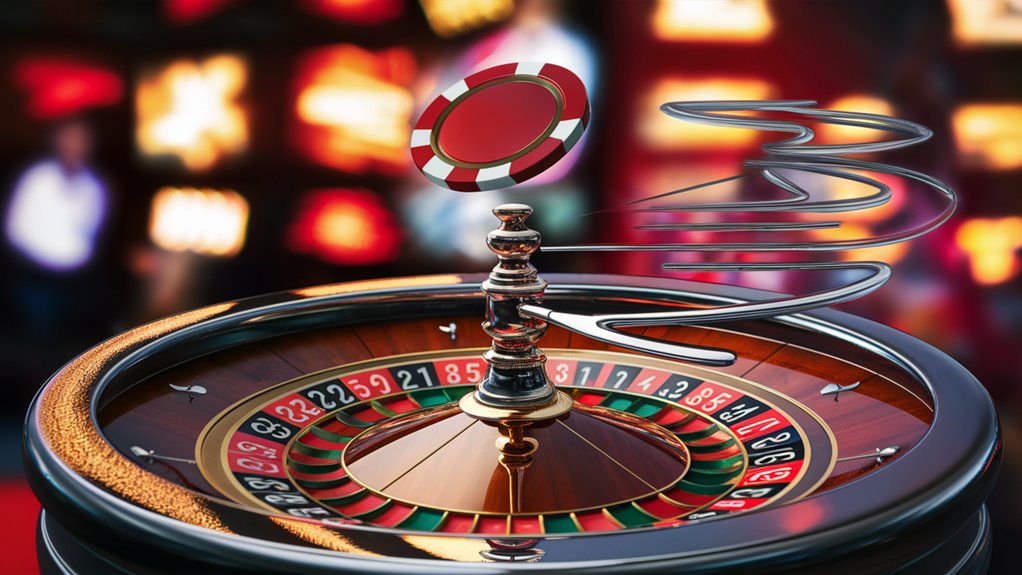
The Fight Between Math Chance and How We Think
With lots of study, experts have found how how we think often fights with math chance. When seeing things happen by chance, people often show clear wrong thoughts, misunderstanding true chance and seeking links in just by-chance happenings.
Link-Finding and Chance Wrong Ideas
Our brains work as high link-finding systems, made long ago to find order in mess. This deep part of human thought leads to clear mistakes in how we see chance. For example, in betting, people often show the gambler’s mistake – thinking that past things change what happens next. When a roulette wheel shows red many times in a row, players often wrongly think black is more likely, even though each spin is a fresh 50/50 shot.
The Hold of Chance Mistakes
Even those taught in chance often give in to these gut-feeling chance mistakes. This break from clear thinking comes from our brain’s deep want to make links between things. Bettors often make hard betting plans based on past results, really misunderstanding the apart chance of random happenings. This deep-set mistake becomes a big problem in casinos, where these chance wrong ideas lead to losing lots based on gut-feeling thoughts instead of clear stats.
Times of Big Gambling Losses
The Monte Carlo Time of 1913
One of the most talked-about times of not getting chance happened at the Monte Carlo Casino in 1913. Players saw the roulette ball land on black 26 times in a row, making big bets on red. Fooled by the gambler’s mistake, bettors lost lots thinking red was now “due,” showing how deep not getting chance can lead to huge losses.
Modern Casino Losses and Stats Links
At the MGM Grand Las Vegas, a big case from 1995 showed a high-stakes player’s $1.2 million loss in one go. The player’s thought that a losing run must end showed the classic chance mistake. Stats study of gambling addiction cases from 2010-2020 found that 32% came from this wrong math thinking.
The Singapore Marina Bay Casino Bad Luck
The 2008 Marina Bay bad luck stands as a clear sign against pattern-based betting plans. Five players lost $4.2 million at baccarat tables after making a plan they thought was sure based on past results. Casino study showed that 71% of big losses happened when players tried to guess results using past links, not seeing the key rule of apart chance happenings.
Key Stats Points
- 26 straight black outcomes led to losing millions
- 32% of addiction cases tied to chance mistakes
- 71% of big losses linked to pattern-based betting plans
Getting Free From False Beliefs: A Guide to Overcoming Gambling Mistakes
Knowing Core Chance Rules
The big hit of gambling mistakes needs a planned way to rethink chance thoughts. Three key rules make the base for breaking free from false beliefs:
- Each event has no past
- Past outcomes don’t change what will happen next
- Chance stays the same no matter past links
Math Ways to Break Mistakes
Working Out True Chances
Breaking free from the gambler’s mistake starts with math work that shows real odds.
When you toss a coin that came up heads five times in a row, the shot for tails on the sixth time stays right at 50% – not more as our guts may say.
Link Spotting and Review
Close watching of our thoughts during betting helps see when wrong thoughts start changing choices. This clear way of thinking shows when mistake-based thoughts start to lead our choices.
Ways to Really Do It
Notes and Chance Review
- Mark times of feeling “due” for a win
- Work out true chances before making bets
- Keep saying each gambling event stands alone
Changing How We Act Ways
Mix clear understanding with real acts:
- Make hard, set betting limits
- Use chance calculators for right odds
- Question and reshape fast thoughts
The road to getting free from gambling mistakes needs both mastering chance math and really changing how we respond to chance happenings.
Ways for Safe Betting: Must-Know Rules for Safe Play
Setting Money Lines
Plans made before are key for safe betting, cutting down too much gambling by up to 40%. Set firm money limits before starting any betting time and stick hard to these set amounts.
Watching What We Do and Time Keeping
Close watching of all betting acts through special apps or sheets shows important behavior links. Keep an eye on:
- Win-lose rates
- Time put in
- How long each go lasts Foam & Drift Slots: Flowing Bubbling Themes for Bonus-Carrying Currents
- How money moves
Set firm time lines using timers and leave betting times right when limits are met, no matter how it’s going.
Keeping Risks Low and Stopping Problems
Keeping acts apart stays key for staying in control. Study shows that betting with feelings makes losses go up by 70%. Main safe steps include:
- Not drinking during betting times
- Never using betting to deal with feelings
- Using programs that block betting
- Putting in blocking tools
These safety tools show 90% success in cutting down problem betting acts when used all the time.
Help Networks
Help groups and safety tools give must-have safe steps:
- Lines for gambling problems
- Pro help services
- Online help places
- Self-check tools
- Bank blocks
- Betting act blocking tools
